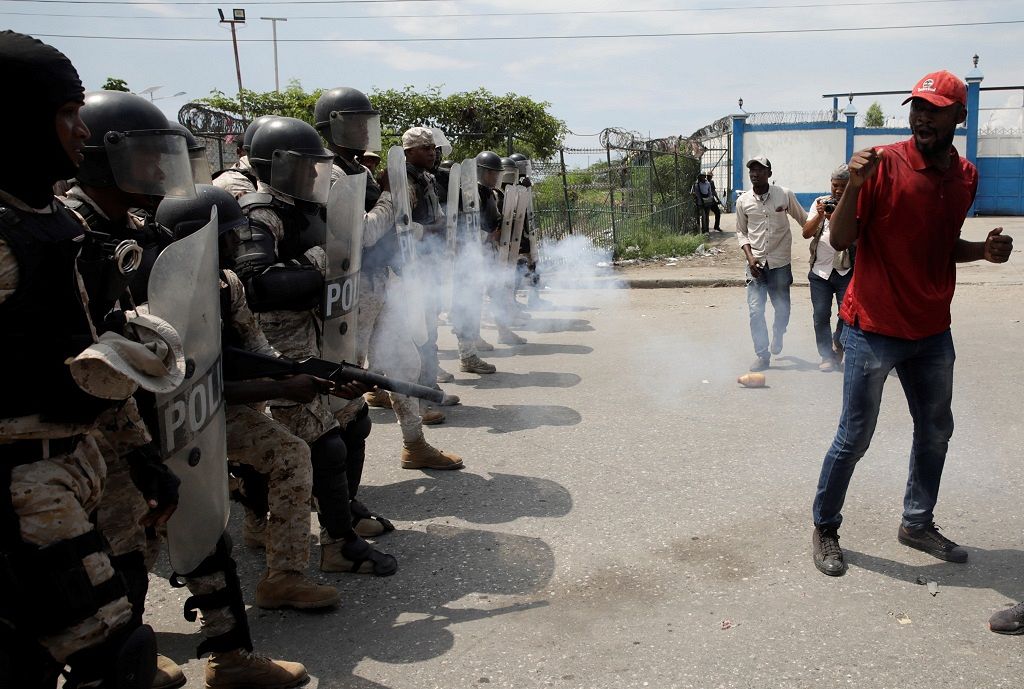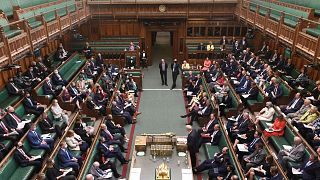Haiti
Haiti came to a standstill Monday with no public means of transport available.
Banks, government offices and schools were closed amid protests over fuel crisis in the capital , Port-au-prince.
On Monday, students were seen walking back to their homes, during a day of tension in many parts of the Haitian capital
“Here in Haiti we are in a inhumane situation. We cannot stay in this situation. We must get rid of this government, that is the reason why we are in the streets protesting”, an angry protester said.
Another said “we want President Jovenel Moise to leave. He has not done anything for us. Today is Monday, and the school is (not) open, and you see me, a parent, standing there burning tires, and I don’t have the means to send my kids to school.”
On Sunday, protesters burned tires and barricaded streets in the Haitian capital, demanding that the government resolve the fuel crisis, which had lasted for over three weeks.

The government owes fuel suppliers about $100 million in past payments. And so suppliers have refused to deliver petroleum products. Thus residents are bearing the brunt.
The situation has become increasingly difficult since Venezuela ended the Petrocaribe program last year. The program provided subsidized fuel to Caribbean nations.
The Haitian government must now pay more money for petroleum products, including gasoline.
AP












Go to video
Togo protest crackdown raises fears of worsening political crisis
02:21
Ivorian diaspora in Paris demands free and inclusive elections ahead of October vote
02:16
Kenya's William Ruto faces growing discontent over economy and police brutality
01:02
Togo: Amnesty International calls for end to use of force against protesters
02:07
Anxiety grips Haitian community in United States over termination of protected status
01:35
UN and Haitian officials mark one year since Kenyan police arrived to support security efforts